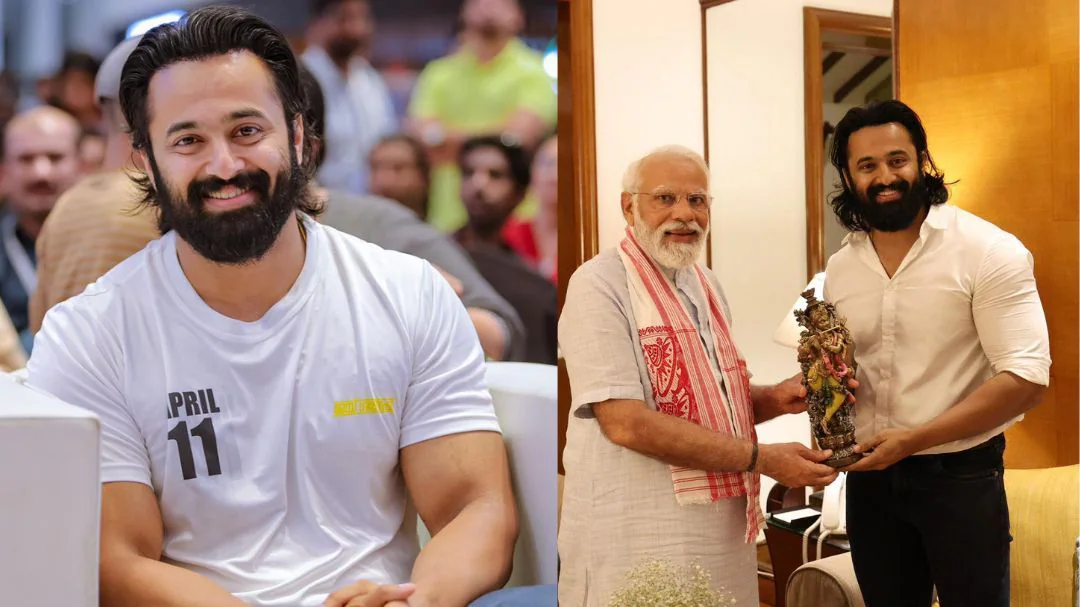
In 2021, decorated NFL superstar Tom Brady signed a deal with rental car company Hertz to promote their newly purchased fleet of electric vehicles. In one of the first ads, Brady is, for some reason, seen plugged into a charging station while a Hertz employee leads a woman to her electric car, saying, “Our new EV rental fleet is the absolute GOAT,” at which point the customer replies, “Speaking of GOATs, is that Tom Brady?” For the unfamiliar, “GOAT” is an acronym that means “greatest of all time.” And for the observant, yes, this ad is basically nonsensical.
Throughout his career, Brady won seven Super Bowl championships, five Super Bowl MVP titles, three NFL MVP titles and a host of other accolades and statistical triumphs that have made him worthy, among football fans, of the GOAT title. He’s also been injured several times during his long tenure on the field, with one severe knee injury taking him out of the 2008 football season entirely. In 2017, Brady’s then-wife, Gisele Bündchen, told CBS’ Charlie Rose that Brady had suffered a concussion in 2016, a trauma that had not been disclosed to the NFL, which repudiated Bündchen’s claims. Concussion or no concussion, to become the GOAT, Brady left it all on the field, risking his life in its shining prime to eventually have the honor every star athlete dreams of: peddling rental cars to travelers on television.
The acronym “GOAT” has become so common in colloquial conversation that it has practically lost all significance, appearing so frequently that the idea of greatness has been dulled into something ordinary, rather than exceptional. If a fleet of rental cars can be the greatest of all time, what can’t be?
In the new sports thriller “HIM,” director and co-writer Justin Tipping cleverly lampoons the intense fanfare of organized sports, examining how much the pursuit of an intangible title like “GOAT” can cost an ambitious player. On the football field, the deafening roar of the crowd and the buzz of adrenaline unify into one continuous hum, a voice in the back of a player’s head encouraging bloodlust and brutality. Professional football isn’t just about playing a game; it’s about satisfying the fans and the ego. Playing to and through injury is an expectation, and severe neurological damage is an occupational hazard. If you think about it long enough, the sport as it exists within American culture is downright dystopic, garnering fanaticism that drives players to violent ends. As such, football is the perfect subject for a horror-thriller. And while “HIM” doesn’t imply anything about football culture’s most toxic elements that Americans don’t already know, its gestures at thematic depth scathingly mimic the hollow showmanship of the sport, indicting players, fans and professional organizations alike for a ruthless good time.
While I was initially resistant to how many times Tipping and co-writers Zack Ackers and Skip Bronkie repeat the term “GOAT” in their screenplay, the word slowly becomes a smart sticking point for “HIM” to hang its outsized parody onto. The acronym has become so common in colloquial conversation that it has practically lost all significance, appearing so frequently that the idea of greatness has been dulled into something ordinary, rather than exceptional. If a fleet of rental cars can be the greatest of all time, what can’t be? There’s no stopping anything or anyone from achieving GOAT status, and perhaps it’s having that mostly abstract, subjective concept just out of reach that keeps so many aspiring career players striving for the title.
Cameron Cade (Tyriq Withers) has had that possibility drilled into his head since he was a child. Growing up, Cameron’s family gathered around their living room television to watch their favorite team, the Saviors, play every week. During a pivotal game, star quarterback Isaiah White (Marlon Wayans) is sent tumbling to the ground by a tackle, the television cameras picking up the bone sticking right out of his leg for little Cameron to see. “That’s what real men do,” Cameron’s father tells him. “No guts, no glory.”
Already, Tipping is as allergic to subtlety as a forward pass right down the middle on the 50-yard line — or whatever football play would be a really obvious one. I don’t know, because I’m not a football fan, but you don’t have to be clued in on the sport to pick up on the ideas “HIM” is getting at right from the jump: the perils of masculinity, the dangers of glorifying violent spectacle, the parallels between hero worship and religion. The fictional team at the center of the film is called the Saviors, for crying out loud! Depth has no home here. But the case is the same for football. And yet, the sport is treated by its fans as if it were biblically potent; each game a sermon, every play a piece of scripture. Should players be revered like gods for pushing themselves to physical extremes for an overcomplicated game of catch, and can something with no room for imperfection — reduced to simple terms of bad or good performance — be treated like something as ambiguous as art?
Start your day with essential news from Salon.
Sign up for our free morning newsletter, Crash Course.
Because “HIM” has little interest in nuance, its answers to those questions are immediately clear. What’s more fun is how Tipping finds gnarly ways to drive home his critical point, mostly through increasingly absurd interactions between Cameron and Isaiah. (With some help from the special scene-stealing prowess of Julia Fox, who plays Isaiah’s jade egg evangelist wife.) Now all grown up and vying for the spot Isaiah is rumored to be leaving behind, Cameron is shipped off to a Texas compound to spend a week with his favorite player, who will assess if Cameron’s got what it takes to fill his cleats.
As much as “HIM” is a very unserious movie, it does manage to take stock of one significant question that many in the sports world are too chicken to probe: Is any of this sacrifice really worth it?
In Withers, “HIM” finds a star more than capable of holding a just-fine movie on his rippling shoulders, making it look better by association. He’s a joy to watch, charming and appropriately intense when the material calls for it, without being over-the-top. Wayans is an admirable opposite, turning in a performance that’s restrained until Isaiah’s facade drops, letting Wayans pepper some “Scary Movie” daffiness into the role that comes in handy when the script starts to fall apart.
But as macabre as it can be, watching something go off the rails can be entertaining, too. If football fans can rubberneck at a player injured on the field, so can moviegoers who are looking for little other than old ideas with a stylish new spin. In a way, “HIM” is a crafty antidote to the era of quote-unquote prestige horror we’ve been steeped in, some of which the film’s co-producer Jordan Peele — who did not direct this movie, in case you neglected to read all of those billboards carefully enough — is responsible for. As great a film as “Get Out” is, that movie helped push the genre to a new echelon where every satire-tinged horror must be “smart,” and every film Peele produces under his Monkeypaw Productions banner is expected to be at the level of its founder’s work. Not so! But what the screenplay lacks in depth, the film makes up for in visual pageantry, packing just enough style to rise above a truly curdled genre offering. One might even argue that “HIM” effectively mirrors the all-style-no-substance sport it’s lampooning. Someone may call that a coincidence, but I’d say coincidence is unlikely in a film where achieving GOAT status means you’ll become a Baphomet-like Satanic goat deity.
As much as “HIM” is a very unserious movie, it does manage to take stock of one significant question that many in the sports world are too chicken to probe: Is any of this sacrifice really worth it? The demand for constant perfection and precision — and the wreckage the human body must endure to attain such excellence — in professional sports is entirely outrageous and unrealistic. The industry swallows people whole, promises them fame and fortune and adoring fans following them their whole lives, but does little to prepare them for life after retirement. Put on a poorly tailored suit and spit commentary on ESPN, sell workout apparel and underwear, or hawk rental cars in advertisements that make no sense; the options are limited, and they are bleak. Like many cults, all the devoted followers need to move on is a new chosen one to worship. Quickly and oh so quietly, that GOAT status is as much a thing of the past as the light behind a player’s eyes after spending the prime of their physical health entrenched in psychological and corporeal hell. “HIM” may be hokey, sure, but no more so than putting a cup in your jockstrap to sprint full-speed into someone’s skull just for the mere chance that somebody somewhere might idolize you. Running onto the field takes faith, but that doesn’t make football a religion. Those low, low prices on Hertz rentals, on the other hand — that’s divinity!



